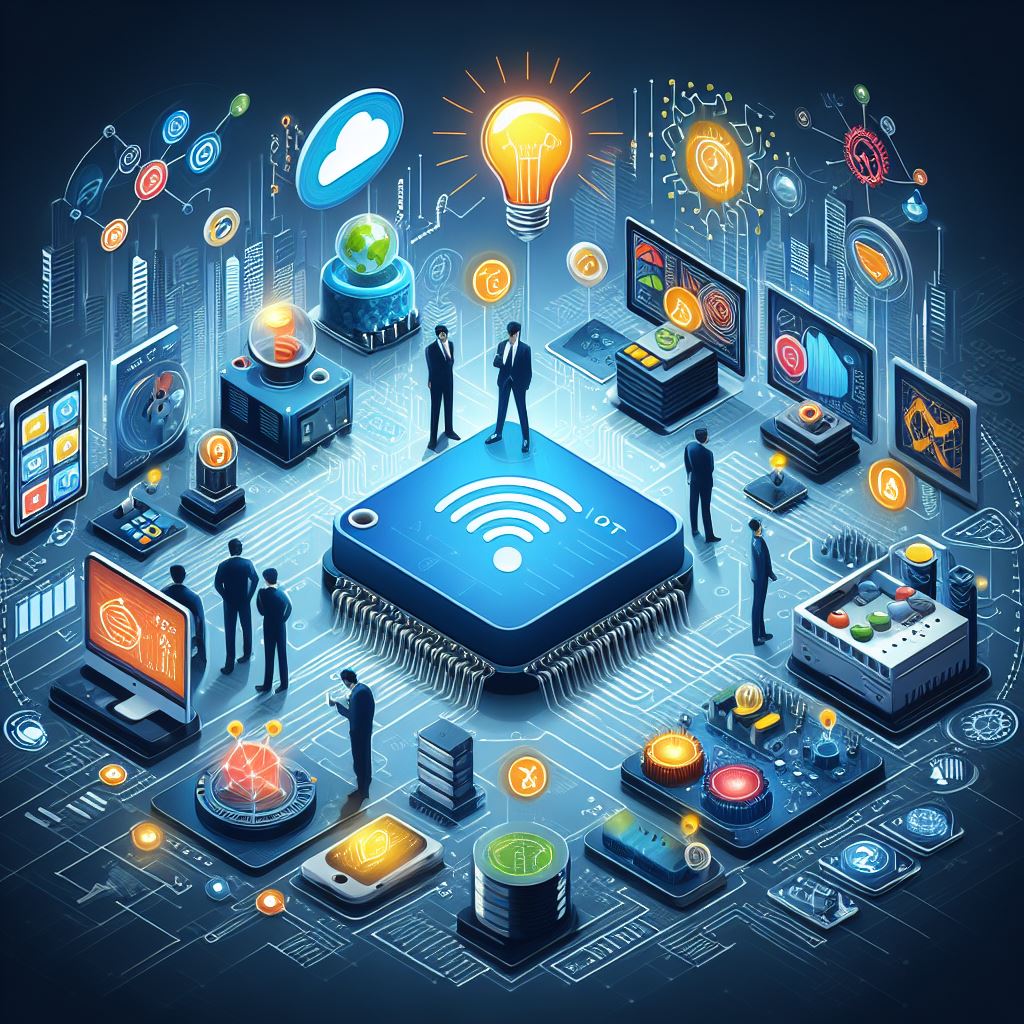The industrial software industry is on the brink of significant transformation, driven by advancements in technology, shifting market demands, and the increasing importance of sustainability. Here are some key trends and developments shaping the future of this dynamic sector.
1. Increased Adoption of AI and Machine Learning
Artificial intelligence (AI) and machine learning (ML) are set to revolutionize industrial operations. These technologies enable predictive maintenance, quality control, and enhanced decision-making. As AI algorithms become more sophisticated, they will help companies analyze vast amounts of data in real-time, leading to optimized processes and reduced operational costs.
2. Expansion of IoT Integration
The Internet of Things (IoT) is crucial for the future of industrial software. By connecting devices and sensors, companies can gather data from across their operations, enabling smarter analytics and improved visibility. IoT will facilitate real-time monitoring and control, enhancing efficiency and responsiveness to changing market conditions.
3. Emphasis on Sustainability
As industries face pressure to reduce their carbon footprint, software solutions that support sustainability initiatives will become increasingly important. Industrial software will help organizations monitor resource usage, optimize energy consumption, and implement circular economy principles, making sustainability a core component of operational strategies.
Download PDF Brochure @ https://www.marketsandmarkets.com/pdfdownloadNew.asp?id=27555137

4. Digital Twins and Simulation Technologies
Digital twins—virtual replicas of physical assets—are gaining traction in the industrial sector. These tools allow companies to simulate and analyze the performance of their equipment and processes, leading to better maintenance strategies and reduced downtime. The continued development of digital twin technology will provide deeper insights into operational efficiency.
5. Cybersecurity Focus
As industrial systems become more interconnected, the threat of cyberattacks increases. Future industrial software solutions will need to prioritize cybersecurity, implementing robust measures to protect sensitive data and critical infrastructure. This will require ongoing investment in security technologies and best practices.
6. Cloud-Based Solutions and Edge Computing
The shift to cloud-based industrial software is accelerating, allowing for greater scalability, flexibility, and collaboration. Coupled with edge computing—processing data closer to where it is generated—companies can achieve faster insights and decision-making. This combination will enhance operational efficiency and responsiveness.
7. Collaborative and Open Platforms
The future will see a rise in collaborative and open platforms that encourage interoperability between different software solutions and devices. This will enable organizations to integrate various technologies seamlessly, fostering innovation and improving overall productivity.
8. Focus on Workforce Development and Skills
As technology evolves, so too will the skill sets required in the industrial workforce. Companies will need to invest in training and development to equip employees with the necessary skills to leverage advanced software tools effectively. This will also include a focus on cross-disciplinary skills that blend technical and domain knowledge.
9. Supply Chain Resilience and Transparency
Recent global events have highlighted the importance of resilient supply chains. Industrial software will play a crucial role in enhancing supply chain transparency, enabling companies to track materials, predict disruptions, and make informed decisions to mitigate risks.
10. Customization and Flexibility
As industries become more specialized, the demand for customizable and flexible software solutions will grow. Future industrial software will need to cater to specific industry needs while allowing for easy integration with existing systems, enabling organizations to tailor solutions to their unique challenges.
The future of the industrial software industry is poised for growth and innovation, driven by technology advancements and evolving market needs. By embracing AI, IoT, sustainability, and collaborative platforms, companies can enhance their operations and remain competitive in an increasingly digital landscape. As the industry continues to evolve, those who adapt and invest in these emerging trends will be well-positioned for success.
